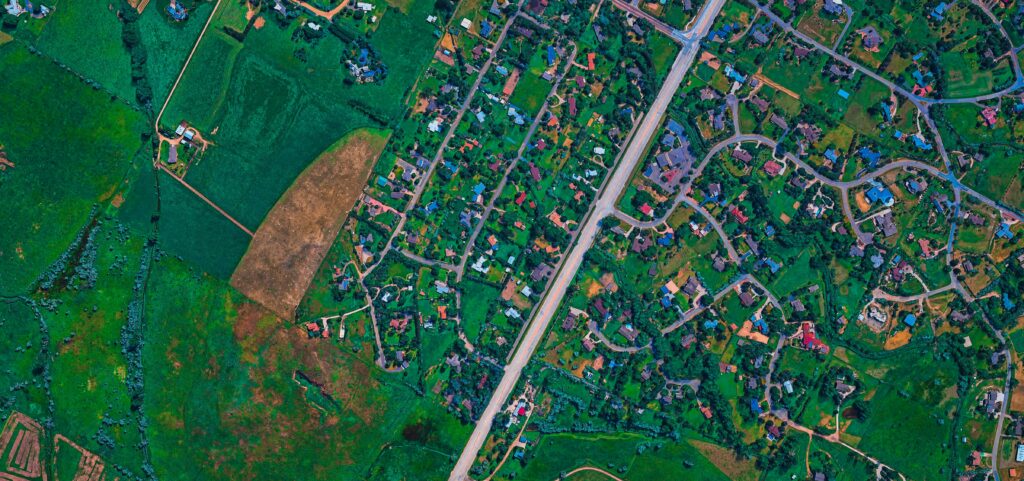Welcome to the latest edition of our regular legal update from the A&P Vietnam office.
This week, we feature some important aspects of the new Law on Securities which entered into force this month, a streamlining of the rules covering equitisation of state-owned enterprises, further digitalisation of the banking sector, and new rules governing the allocation of land.
To learn more about one of these changes, just contact our office for more information.
Securities Law Enters into Force

Since the New Year, listed companies in Vietnam wishing to offer securities to customers must be able to show that – in the previous 12 months of operation – their business was profitable and not loss-making.
This is just one of the changes introduced on 1 January, after the new Law on Securities came into force. Other notable reforms compared to the previous legislation include an increase in the amount of chartered capital contributed at the time of offering. This has tripled from 10 billion VND to 30 billion VND, calculated according to book value.
Securities companies must also be consulted on the application to register a public offering. Then, once the offering has been completed, enterprises must commit to implement the listing or register it on the trading platform. Meanwhile, offering entities must open a frozen bank account to receive the funds of the offering.
The Law on Securities also prohibits companies from issuing additional shares whose par value is greater than the total value of their outstanding securities, unless an underwriter has agreed to receive or purchase all the issuer’s shares for sale, reissuance, or swap – or for the consolidation or merger of enterprises.
Meanwhile, shares offered to investors to raise capital for the implementation of a project must represent at least 70 per cent of the shares offered. The new Securities Law was ratified in 2019 and replaces previous legislation dated 2006.
Streamlined Rules on Equitisation of SOEs

New rules on equitisation of state-owned enterprises (“SOEs”) came into force in November 2020, after the government issued Decree No. 140/2020/ND-CP (“Decree 140”). Decree 140 introduces some important changes to the legal framework covering the divestment of SOE capital in private enterprises.
In particular, Decree 140 streamlines some of the procedures for state agencies managing the divestment process, while making others more flexible. It also provides some clarification on engaging independent appraisers to determine the value of the state’s participation.
Decree 140 amends three previous regulations: Decree No. 126/2017/ND-CP on equitisation of state-owned enterprises, Decree No. 32/2018/ND-CP and Decree No. 91/2015-ND-CP on state capital investment in enterprises, use and management of capital and assets in enterprises.
Know-Your-Customer Checks Go Digital

The digitalisation of Vietnam’s banking sector continues apace, with the upcoming implementation of Circular No. 16/2020/TT-NHNN (“Circular 16”). Once it enters into force, on 5 March, this new regulation will enable financial institutions to meet their anti-laundering obligations online through e-Know Your Customer (“e-KYC”) checks when customers open a new account.
In order to do e-KYC, banks must have the technological capabilities to collect, cross-check and store the personal and biometric information of their customers. Banks must also have procedures in place to mitigate the risks of ID theft, and be able to check their customers’ agreement to the terms and conditions of opening a checking account.
Circular 16 amends Circular No. 23.2014.TT-NHNN of the State Bank of Vietnam guiding the opening and use of checking accounts. It is not applicable to foreign nationals or people under the age of 18, and accounts are limited to 100 million VND per client per month (with some exceptions).
New Regulations on Small Land Parcels

From next month, new rules will come into force on the allocation or lease of small land parcels under state management. Following the publication of Decree No. 148/2020/ND-CP (“Decree 148”) on 18 December 2020, first refusal on small plots of land will be given to public-use.
If this is not possible, parcels should be assigned to an adjacent land user as part of a rental or lease agreement (if there is just one bid for the land) or otherwise auctioned where there is more than one.
Decree No. 148/2020/ND-CP supplements Article 14a of Decree No. 43/2014/ND-CP guiding the implementation of the 2014 Law on Land.
For more information about investing or doing business in Vietnam, contact our office on contact@apflpartners.com. And don’t forget to sign up for our newsletter to receive the latest insights on Vietnam’s legal news.


